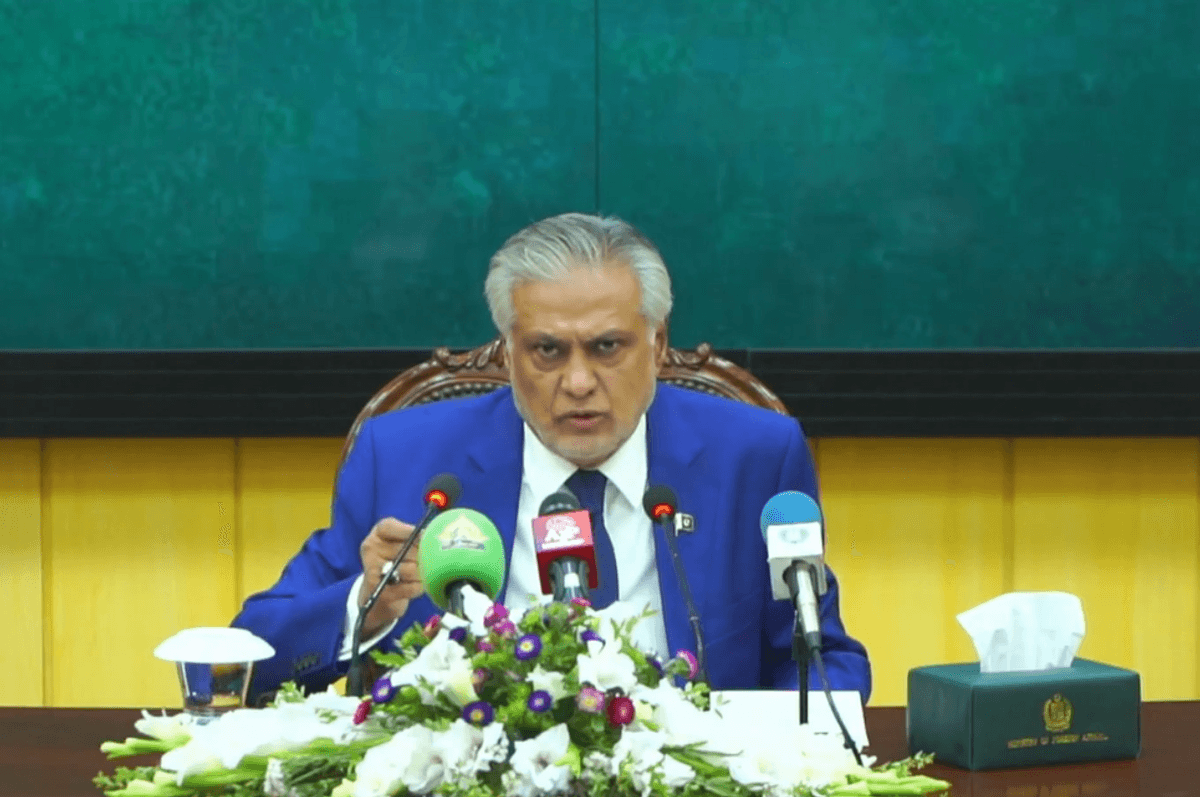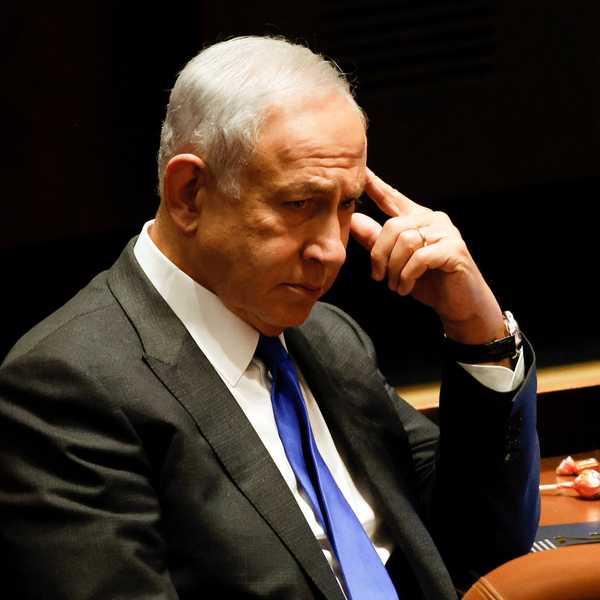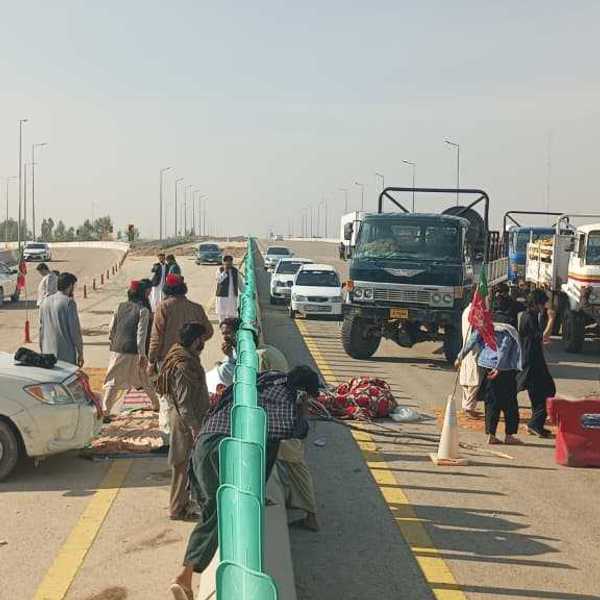Pakistan open, 'not desperate' for talks with India, says foreign minister
Ishaq Dar says Pakistan wants a comprehensive dialogue on a range of issues including water, whereas India wants to focus only on terrorism

Aamir Abbasi
Editor, Islamabad
Aamir; a journalist with 15 years of experience, working in Newspaper, TV and Digital Media. Worked in Field, covered Big Legal Constitutional and Political Events in Pakistan since 2009 with Pakistan’s Top Media Organizations. Graduate of Quaid I Azam University Islamabad.

Pakistan's Foreign Minister Ishaq Dar addresses a press conference in Islamabad on Wednesday.
@ForeignOfficePk/X
Pakistan is "ready but not desperate" for talks with arch-rival India, its foreign minister said on Wednesday, in remarks that underline the lack of a thaw between the two nuclear-armed neighbors following their worst military conflict in decades.
Both sides used fighter jets, missiles, drones and artillery last month in four days of clashes, their worst fighting in decades, before agreeing to a U.S.-brokered ceasefire on May 10.
"Whenever they ask for a dialogue, at whatever level, we are ready but we are not desperate," Pakistan's Foreign Minister Ishaq Dar told a news conference in Islamabad.
The spark for the recent fighting between the old enemies was an April 22 attack in Indian-administered Kashmir that killed 26 people, most of them tourists. New Delhi blamed the incident on "terrorists" backed by Pakistan, a charge denied by Islamabad.
Dar said Pakistan wanted a comprehensive dialogue on a range of issues including water, whereas India wanted to focus only on terrorism.
"That's not on. Nobody else is more serious than us. It takes two to tango," he said, referring to comments by Indian Foreign Minister Subrahmanyam Jaishankar that the talks should only cover the issue of terrorism.
The Indian foreign ministry did not immediately respond to a request for comment on Dar's remarks.
Border calm, but no diplomatic response from India
Dar also confirmed that the situation along the Pakistan-India international border had returned to normal, with both sides fully adhering to the ceasefire and no new confrontations emerging.
He emphasized that Pakistan has conveyed to the international community its willingness to engage in dialogue on all contentious issues, including Kashmir and cross-border terrorism.
However, he voiced disappointment at what he described as India’s “complete silence” in response. “Pakistan is the biggest victim of terrorism in the region,” he said, “and we want no foreign soil to be used for attacks against our country.”
Water concerns
The foreign minister added that India’s reported attempts to restrict the flow of river water into Pakistan had failed, and current water levels remain normal. He reiterated Pakistan's concern over the suspension of the Indus Waters Treaty and stressed the need to discuss water rights as a priority.
Dar also credited several friendly nations -- including the United States, the United Kingdom, Saudi Arabia, and the United Arab Emirates -- for helping de-escalate tensions, with the UAE playing a key role in backchannel diplomacy.
He said that during the recent conflict, Pakistani forces shot down seven Indian aircraft, including four Rafale jets, a MiG-29, a Su-30, and an unmanned drone.
Domestic priorities and global diplomacy
On the domestic front, Dar underlined the need to expand Pakistan's water storage capacity and announced that new infrastructure projects would be pursued after the national budget, including a renewed push to revive the long-stalled Kalabagh Dam.
He also noted that the prime minister would soon lead a high-level delegation to Saudi Arabia, while other Pakistani envoys were advancing the country’s diplomatic stance in the U.S., Russia, and other global forums.
New Delhi has previously said that terrorism and dialogue cannot go hand in hand.
Pakistan is keen to discuss water rights after India suspended the Indus Waters Treaty following the April 22 attack. The treaty guarantees water for 80% of Pakistan's farms from three rivers that flow from India.
With additional input from Reuters







Comments
See what people are discussing